

![]()
Why is the word Artisan or Artisanal important?
Please don't use flour that has gone through either of these processes. We don't...
What is Sourdough?
![]()
 rtisan
rtisannoun
|
The term "Artisan" is important. It evokes a certain feeling or notion of the product or person it pertains to. Unfortunately, much like the term "Natural" used in American food marketplace, its use is unregulated and has very little meaning anymore. I believe that the word "Artisan" and the term "Artisanal" should be standardized at least by the guilds and/or associations that represent the products being described. When we get giant, multi-national corporations coopting these terms, it leads to much confusion for the consumers and strips away any meaning they once held. |
![]()
![]()
![]()
| People we use that are local to CT and New England (we consider New England to be local...) | |
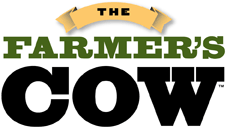 |
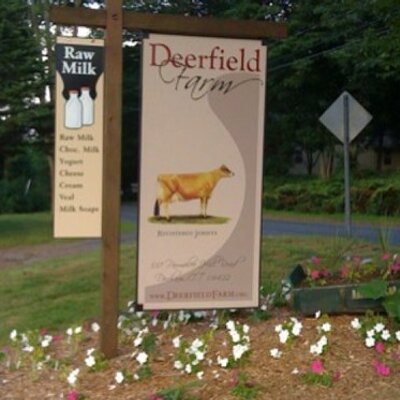 |
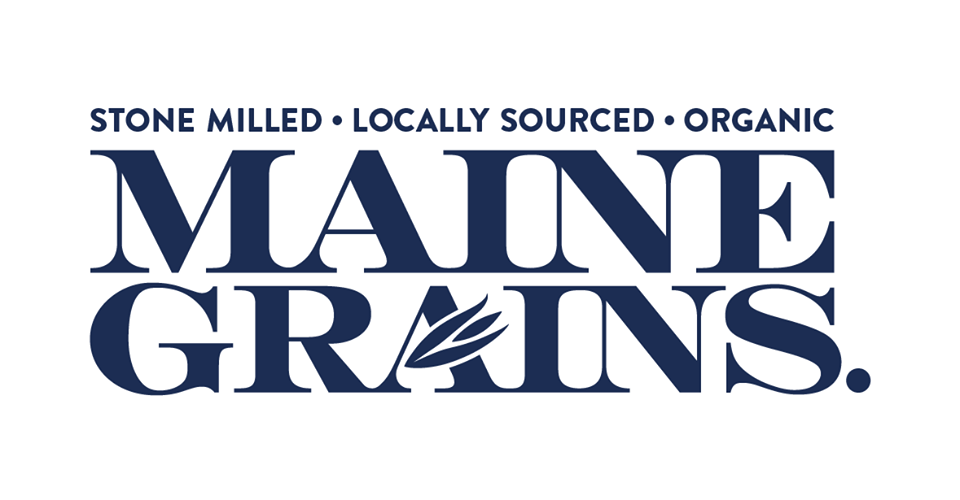 |
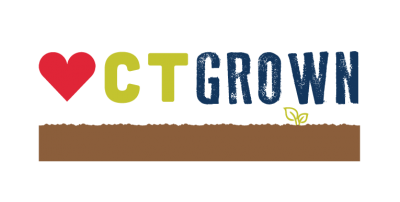 |
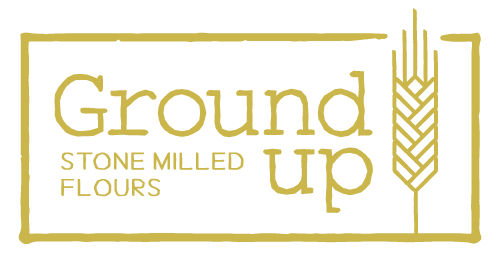 |
|
![]()